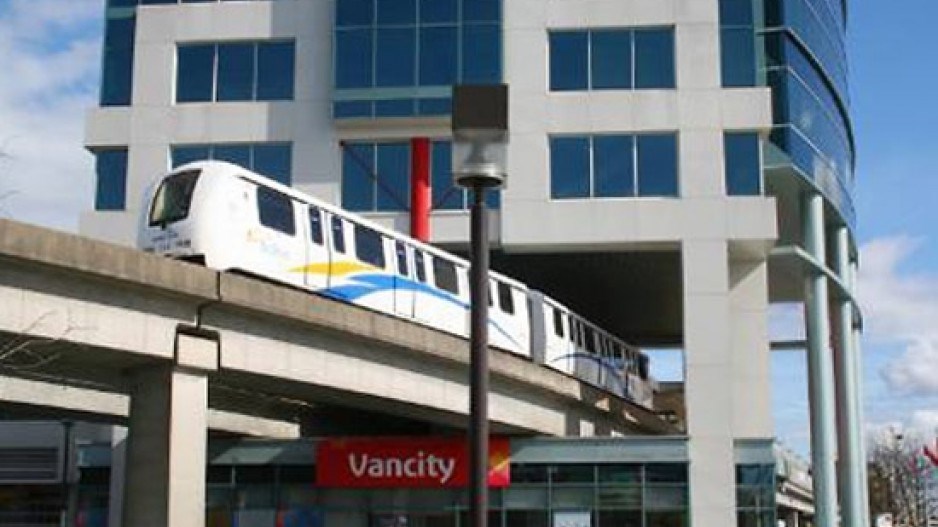By Peter Ladner
Despite the resounding No vote in the transit and transportation referendum (and, as readers know, I worked hard with the Better Transit and Transportation Coalition for a Yes vote), there are lessons that can be learned from putting the decision to a plebiscite.
Lesson No. 1: Don’t do this again.
Determining complex funding and planning issues with a single yes-no vote is an abysmal surrender of political leadership. Most voters have little or no interest in the intricacies of transit and transportation planning, even though we all have deeply held personal views and experiences that often don’t take into account wider regional planning, economic and health realities. This is not a good foundation for public policy.
The plebiscite was skewed to fail from the start: the No side had a simple, early message (No to TransLink, No to alternative solutions, Yes to ridicule), while the Yes side had to put together a complex plan, agree on a funding source, then on a question, then get approval from the mayors, then get agreement from a coalition that had to be assembled, all in a ridiculously short time.
Lesson No. 2: All plebiscites or no plebiscites.
Singling out public transportation for a plebiscite arbitrarily puts selected transportation projects into a special category of “non-essential.” Either everything goes to a plebiscite or nothing goes to a plebiscite.
I’ll resist the temptation to agree with those who say that this plebiscite was a cynical way to download provincial costs and responsibilities onto financially stressed-out municipalities.
Lesson No. 3: Almost every dollar spent on this campaign was wasted.
Voters were absolutely correct to be disgusted at the amounts spent by the Yes campaign. The $6 million-plus in public spending could have funded a lot of transit improvements.
But remember, all the spending was an inexcusable tax on abandoned political responsibility. This was confirmed when the premier said that in the event of a No vote she’d find some way to fund necessary transit improvements. (Then why did we have the plebiscite?)
Give credit to voters who showed up on both sides, but expect a backlash of cynicism when the premier authorizes new funding in spite of a No vote. Some of the public messaging was well worth it, in particular the voices of the region’s leading public health authorities showing that active transportation improves personal health.
Lesson No. 4: TransLink has to become more accountable in every sense of the word.
The newly announced open board meetings are a start, but a big part of the job of the new TransLink CEO has to be engaging stakeholders to buy into its plans. We’re far more likely to agree to pay for an improvement we understand and helped influence.
Lesson No. 5: Transit cannot be decoupled from other transportation spending.
The message that transit has to get in a special “needs-voter-approval” line, while spending on highways, bridges and tunnels will always be waved through, give or take a toll or two, was reason enough for many non-transit users (the overwhelming majority of eligible voters) to say no to a new tax. They knew that direct spending on highways and most bridges would be met within existing budgets, without any new taxes. It wasn’t TransLink that needed to find money within its existing budget, it was the Ministry of Transportation.
Lesson No. 6: The region really can come together.
Credit the mayors for first creating a plan, then getting agreement on a funding source, and then getting near-unanimous support for it. The 150-plus widely disparate members of the Better Transit and Transportation Coalition also demonstrated an unprecedented show of non-partisan support for a regional future that ensures our economic, social and environmental health.
Regardless of the outcome of the vote, that is where we have to go.
Peter Ladner ([email protected]) is a co-founder of Business in Vancouver.
To comment on this story, click here.




